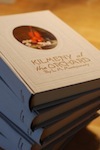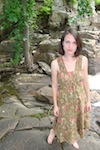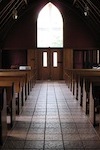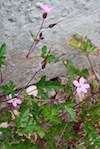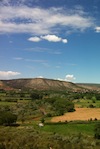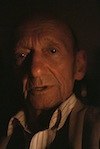In this season, I’m hoping to find my way with fewer people in the house and more solitude. I’m not naïve enough to expect perfection, but I do need time. As any writer knows, you must show up regularly to get your work done. It must be given priority and long hours of concentration. I write best if I start first thing in the morning, which means pushing everything else aside: walking past the dirty dishes in the kitchen sink, not starting a load of laundry, resisting the urge to restore order in the household, and going directly to my desk.
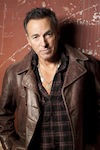 “We do not have to live as if we are alone.” One would not be hard pressed to interpret a large percentage of Bruce Springsteen’s extensive catalogue of songs over the last thirty-something years as attempts to communicate the same message. The role of an artist in our world today surely includes, among other things, the task of expanding our moral imagination . . .
“We do not have to live as if we are alone.” One would not be hard pressed to interpret a large percentage of Bruce Springsteen’s extensive catalogue of songs over the last thirty-something years as attempts to communicate the same message. The role of an artist in our world today surely includes, among other things, the task of expanding our moral imagination . . . “We do not have to live as if we are alone.” One would not be hard pressed to interpret a large percentage of Bruce Springsteen’s extensive catalogue of songs over the last thirty-something years as attempts to communicate the same message. The role of an artist in our world today surely includes, among other things, the task of expanding our moral imagination . . .
“We do not have to live as if we are alone.” One would not be hard pressed to interpret a large percentage of Bruce Springsteen’s extensive catalogue of songs over the last thirty-something years as attempts to communicate the same message. The role of an artist in our world today surely includes, among other things, the task of expanding our moral imagination . . .















